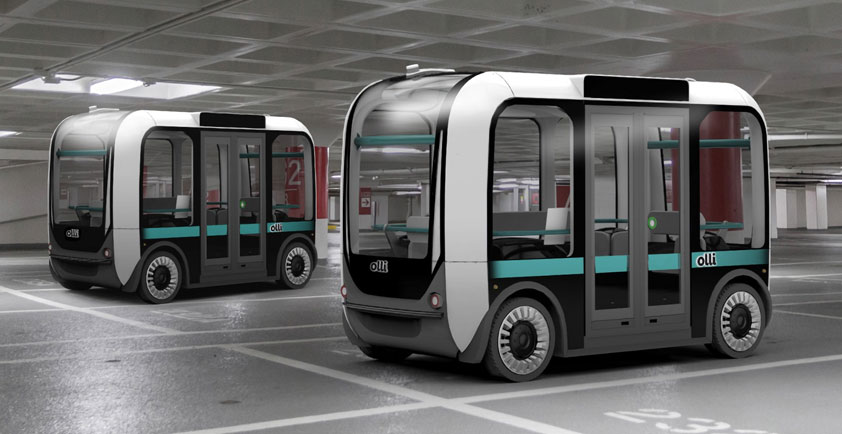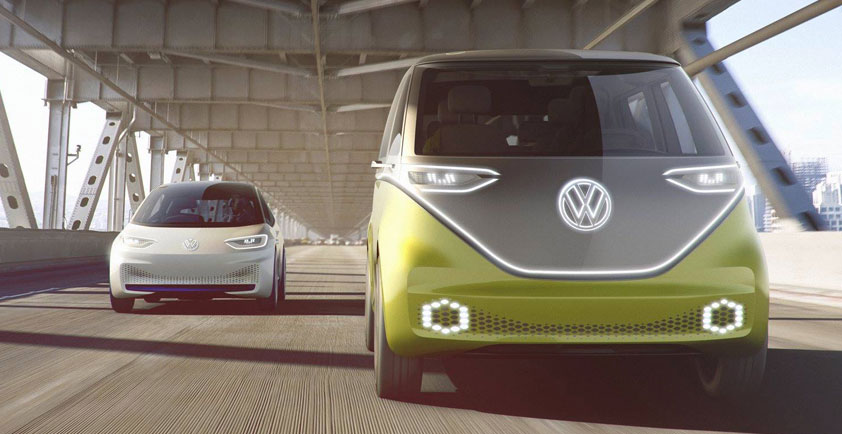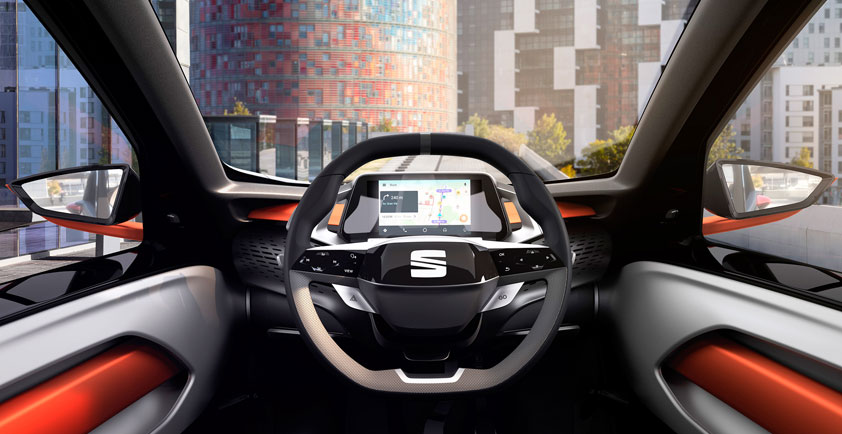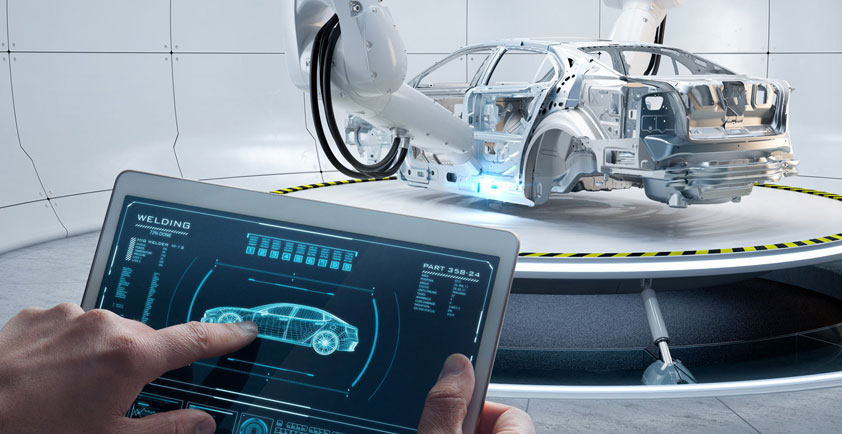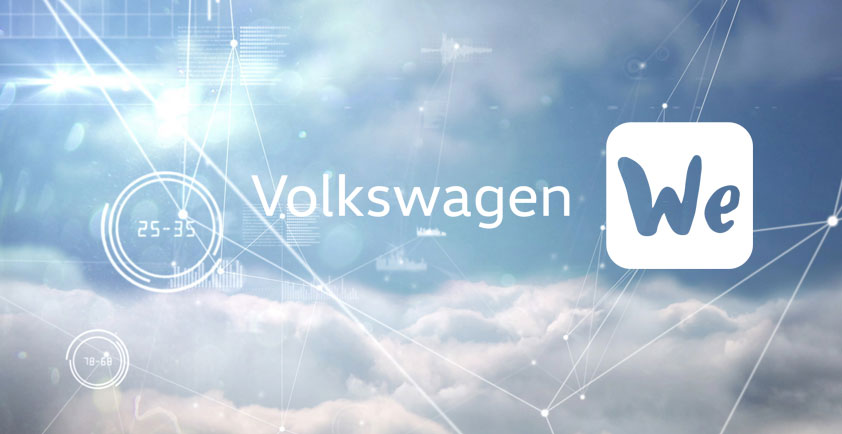

HELPING TO SECURE PRIVACY FOR DATA GENERATED BY CONNECTED CARS
Cybersecurity is playing an increasingly prominent role in vehicle purchase decisions.
Connected cars, vehicles containing devices that connect and exchange car data with networks and services, are behemoths of data processing—up to 25 gigabytes of data per hour.
But users are increasingly concerned with the privacy of that data.
According to a recent automotive study by the IBM Institute for Business Value (IBV), 56 percent of executives say security and privacy will indeed be key differentiators in vehicle purchasing decisions. And in another recent IBV consumer study, 62 percent of consumers said they would consider one brand over another if it had better security and privacy.
Additionally, recent global developments in privacy regulations heavily affect the personal data processing activities related to connected cars. Among these, the European Union’s General Data Protection Regulation (GDPR) is perhaps the most stringent.
It’s time for a new approach that addresses these growing requirements. Stakeholders of the entire connected car ecosystem, including manufacturers and their suppliers, insurers, retailers, and application providers, need to forego a piecemeal approach and embrace privacy end to end.
We call this approach “privacy by design and default.” These principles encompass the three major phases of a vehicle’s life cycle: designing in privacy, building in privacy, and driving with privacy. This report details this comprehensive approach.
REDEFINING AUTOMOTIVE MANUFACTURING WITH DIGITAL TECHNOLOGIES
The Internet of Things, 3D printing, robotics, and cognitive automation—and the premise of vehicle ownership—are reinventing the industry.
Automotive markets have evolved from a state of organizational centricity, in which manufacturers and service providers largely define what types of vehicles to produce and market to customers, into entirely new forms focused on experience.
Consumers, clients, and colleagues are becoming active participants rather than passive recipients. A paradigm in which consumers define their identities by the types of cars they drive is rapidly ceding to one in which the underlying objective of vehicle ownership is being questioned. Making mobility choices based on lifestyle preferences is becoming the new norm for today’s consumers.
This emerging environment can be defined within what we call the everyone-to-everyone (E2E) economy. The E2E economy has four distinct elements:
> It is orchestrated, based on business ecosystems that are both collaborative and seamless.
> It is contextual, in that customer and partner experiences are calibrated and relevant to their specific actions, and needs.
> It is symbiotic, in that everyone and everything, including customers and businesses, are interdependent.
> And it is cognitive, characterized by data-enabled self-supported learning and predictive capabilities.
The automotive industry is finding itself on the frontlines of the E2E transformation. Digital technologies, such as 3D printing, the Internet of Things (IoT), adaptive robotics, and cognitive automation, continue to redefine traditional automotive manufacturing processes.
With fewer people wishing to own cars, demand for cars is set to decline. Original equipment manufacturers (OEMs) that can define new business and operating models will be positioned for success. Rather than fight the trend, they can actively encourage, support, and enable it.
Automotive organizations need to embark upon a process we call Digital Reinvention®—one which requires them to establish new focus, new expertise, and new ways of working. This paper outlines how automotive organizations can successfully navigate this transition.
DARING TO BE FIRST - HOW AUTO PIONEERS ARE TAKING THE PLUNGE INTO BLOCKCHAIN
Betting on blockchain Autonomous vehicles, new mobility business models and personalized consumer experiences are just some of the innovative opportunities driving change for today’s automotive organizations. However, inefficiencies still exist in the industry’s business networks – inefficiencies that could be tackled through blockchain. With its promise of more secure, traceable transactions and better access to and transparency of information, blockchain has the potential to strengthen trust and collaboration among businesses, consumers and even vehicles. Though blockchain use is in its infancy in the automotive arena, a handful of companies are pioneering its adoption. To avoid being left behind, other automotive companies can take lessons from these Auto Pioneers and quickly assess their own blockchain opportunities.

